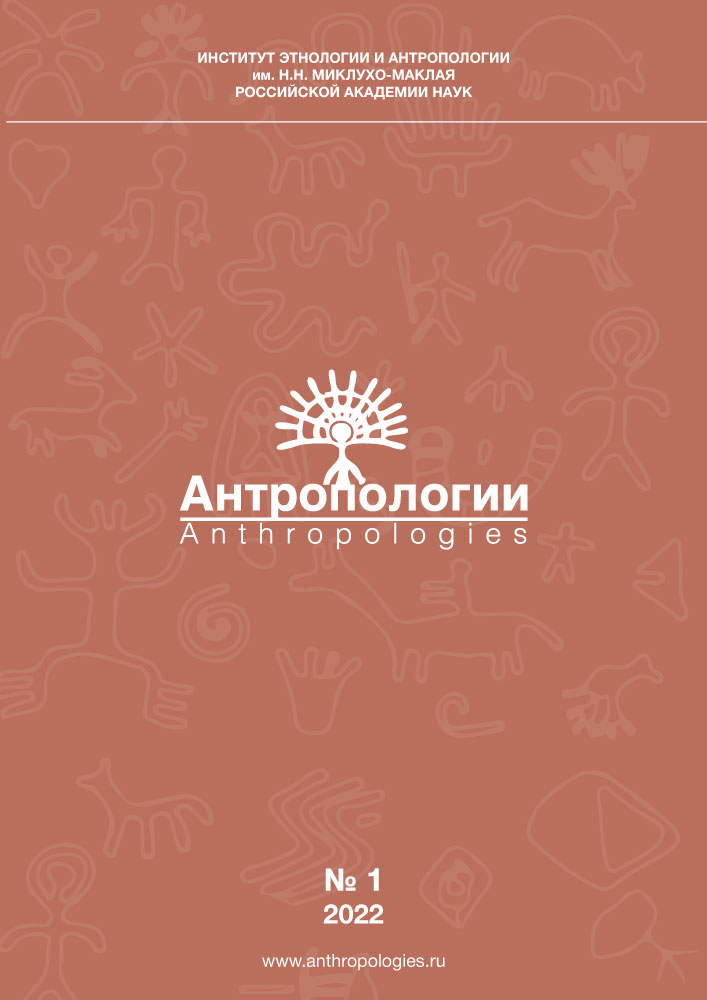Figures of Depersonalization: Portraits without a Face and the Minsk School of Postcolonial Photography
DOI:
https://doi.org/10.33876/2782-3423/2022-1/77-135Keywords:
post-colonialism, visual anthropology, photography, Belarus, post-Soviet culture.Abstract
The article analyzes the methods of appropriation of the Soviet visual heritage by the members of the Minsk School of Photography (MSP). Using the portrait photo projects of S. Kozhemyakin, A. Lenkevich, G. Moskaleva, I. Savchenko and V. Shakhlevich as the main materials, the article traces the formation of a special genre of “vicarious photography”. Such a photograph combines two key features. From the point of view of its formal organization, vicarious photography as a historically specific genre becomes possible as a result of a consciously secondary artistic statement made with the help of already existing (readymade) photographic materials. From a substantive point of view, vicarious photography is based on various practices of nonobvious - impersonal - representation of subjectivity. The result is an indirect statement with the help of borrowed images.
As shown in the article, the method of activating and reformatting the Soviet visual heritage, proposed by the members of the Minsk School of Photography, can be considered a manifestation of a new - post-colonial - cultural logic that began to take shape during and after the collapse of the USSR. The intense dialogue with ready-made forms, stereotypes and clichés offered by the MSP participants made possible such a reworking of the visual formulas of the Soviet period, which leaves space for post-Soviet photographers to demonstrate their authorial mismatch with the formulas they reproduce. By positioning themselves next to the genre of portraiture (and history associated with it), the photographers of the MSP largely nullified the referential function of the photographic portrait. Thanks to the methods of depersonalizing the appropriation of the portrait genre, they were able to visualize the forms of their indirect - post-colonial - presence.


